Meniscal tears: the basics
Menisci are a type of cartilage inside the knee joint. Their main function is to equally distribute the force placed on the knee, stabilize the knee during movements, and offer more fluid movements.
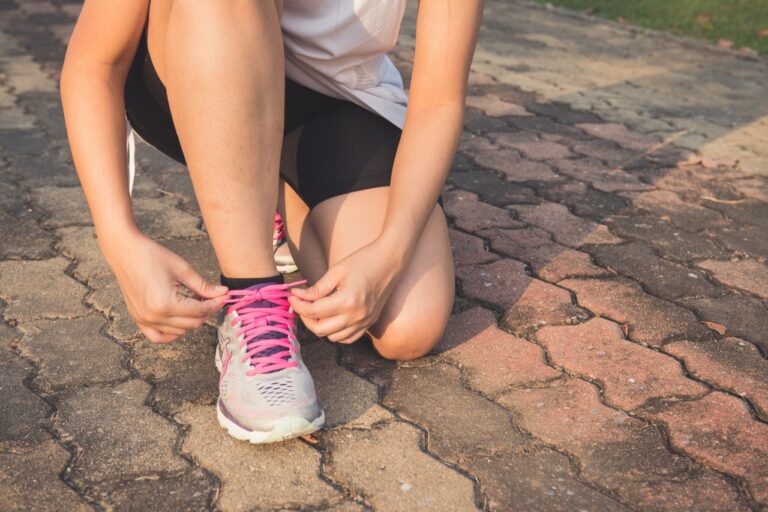
Menisci are a type of cartilage inside the knee joint. Their main function is to equally distribute the force placed on the knee, stabilize the knee during movements, and offer more fluid movements.
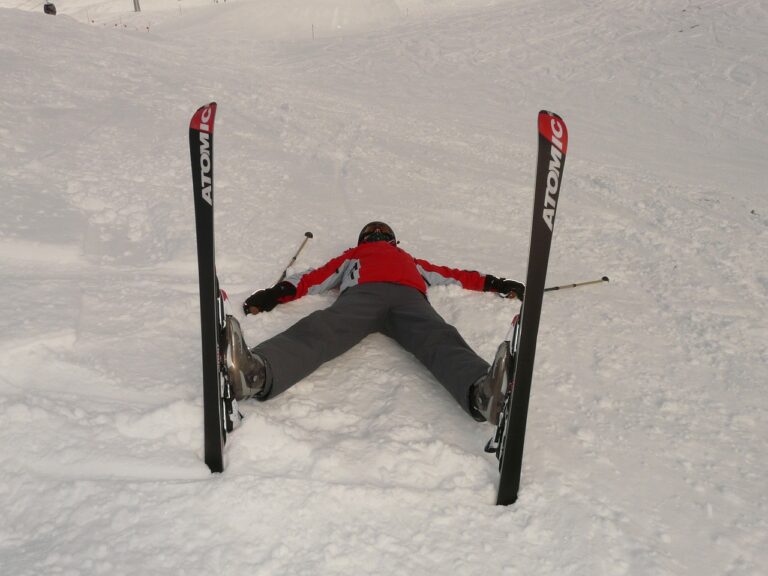
Registration for this event is now closed, however, you can watch the recording any time!
Sign-up for our free Ski Fit Ready Program for the month of October only!
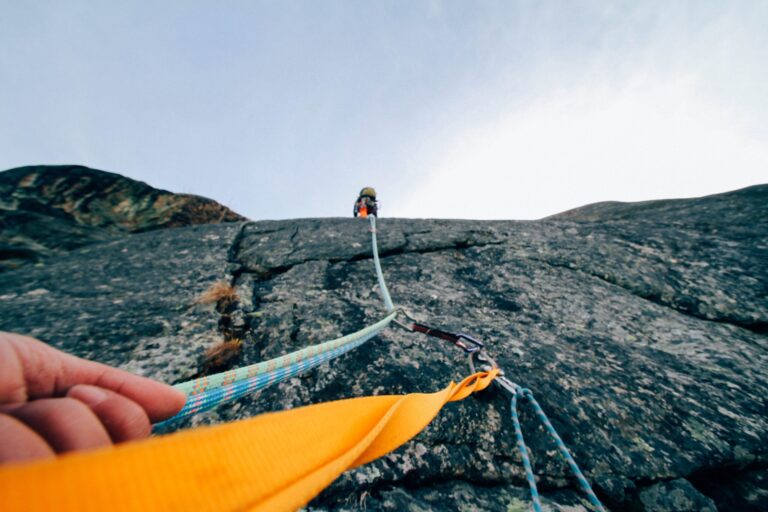
Tearing the ACL— a dreaded diagnosis often accompanied by reconstructive surgery and extensive rehabilitation. This injury is common in sports that involve sudden stops or changes in direction, jumping or landing, such as soccer, basketball, gymnastics, football, or downhill skiing.
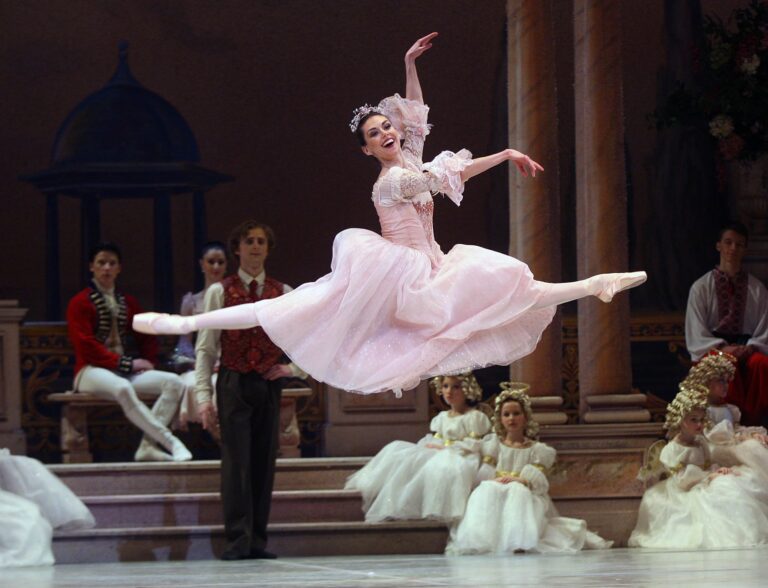
Given the high volume of jumping performed in a typical ballet class (up to 200 jumps per 90 minute class1), you would expect ACL injuries to be ubiquitous amongst ballet dancers.
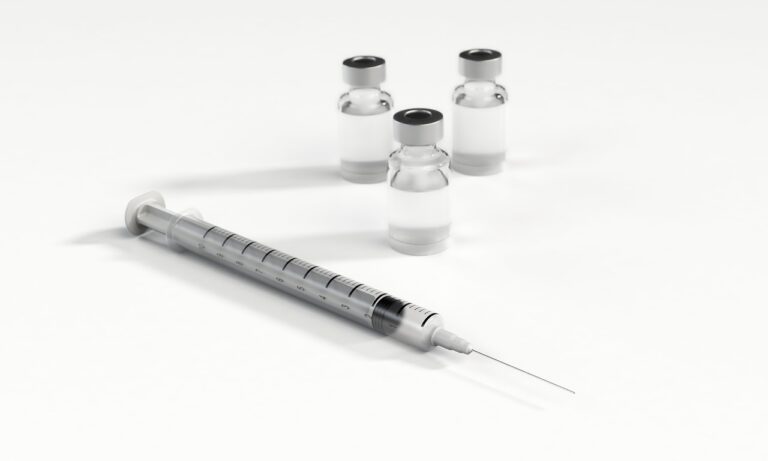
Knee osteoarthritis (OA) is a degenerative condition where the cartilage that provides cushioning to the joint starts to wear.

Patellar instability – an unstable or dislocating kneecap – is a debilitating condition that frequently occurs in young, active people, that significantly affects their quality of life.
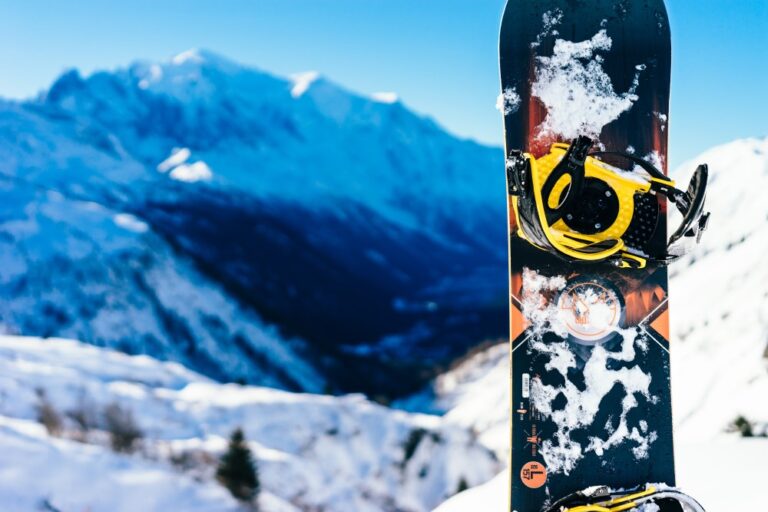
Valgus isn’t a word you’ll hear underneath the chair lifts or in the maze awaiting the gondola. But when you see it happen in a ski or snowboard crash, you’ll know by the unsettling visceral response your body shutters. Someone’s day just went valgus.
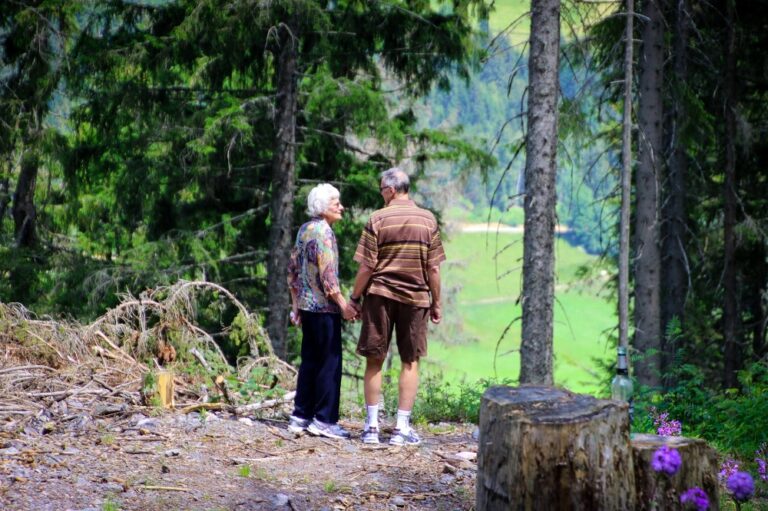
Osteoarthritis (OA) is a major cause of musculoskeletal (MSK) pain that affects more than 10% of Canadians over the age of 15 [1, 2].
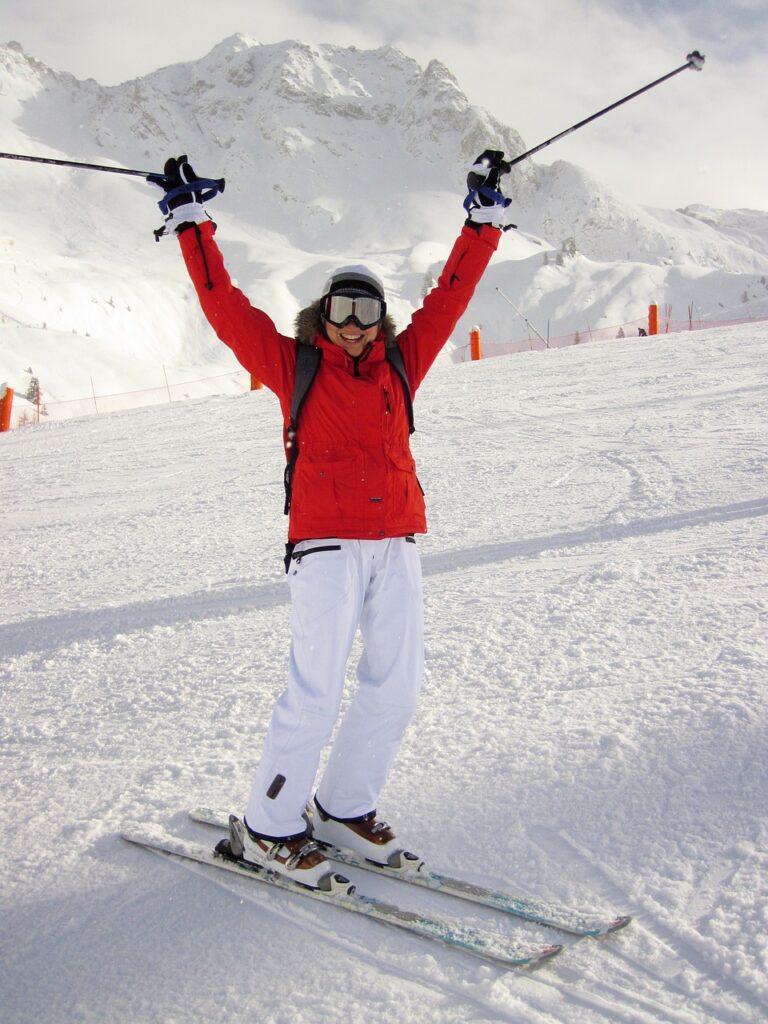
A few minutes is all it takes to start off your day with this simple On Hill Warm Up.
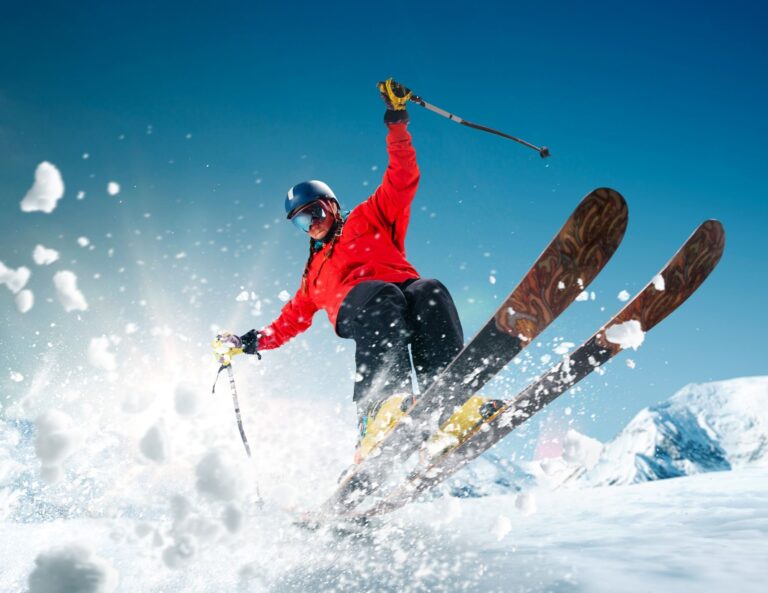
Ski fitness is an important factor in progressing your skiing, preparing your body for the slopes, and helping to reduce your risk of injury.
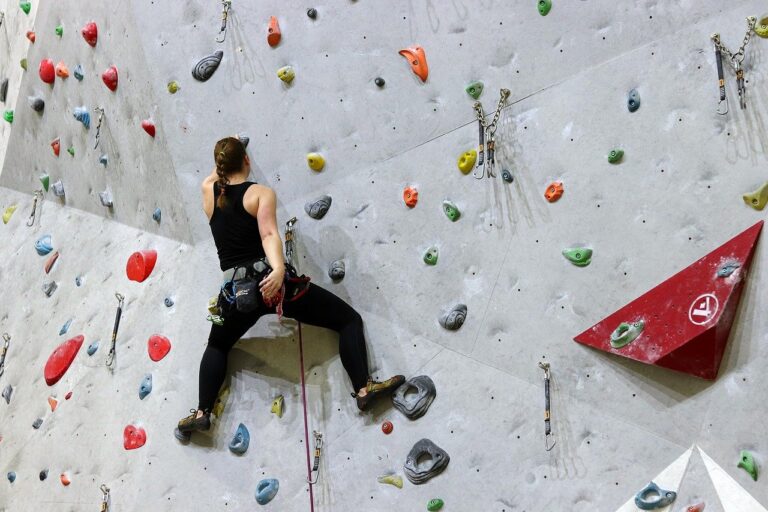
What causes acute knee injuries in bouldering and rock climbing athletes? This was the question that Dr Christoph Lutter and colleagues sought to answer in their recently published research study. Here, we provide a summary of the main findings of the study, as well as expert tips on exercises you can incorporate into your training…